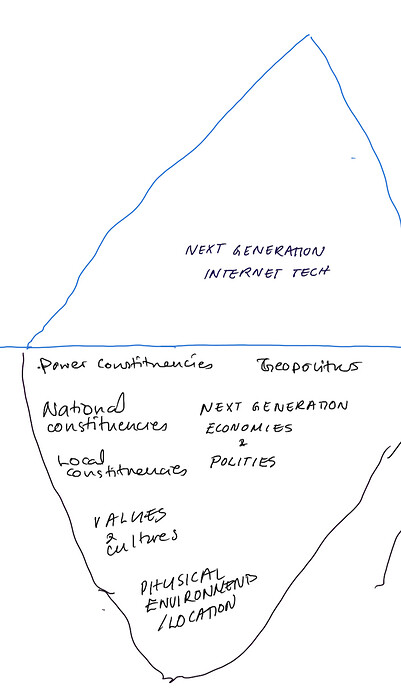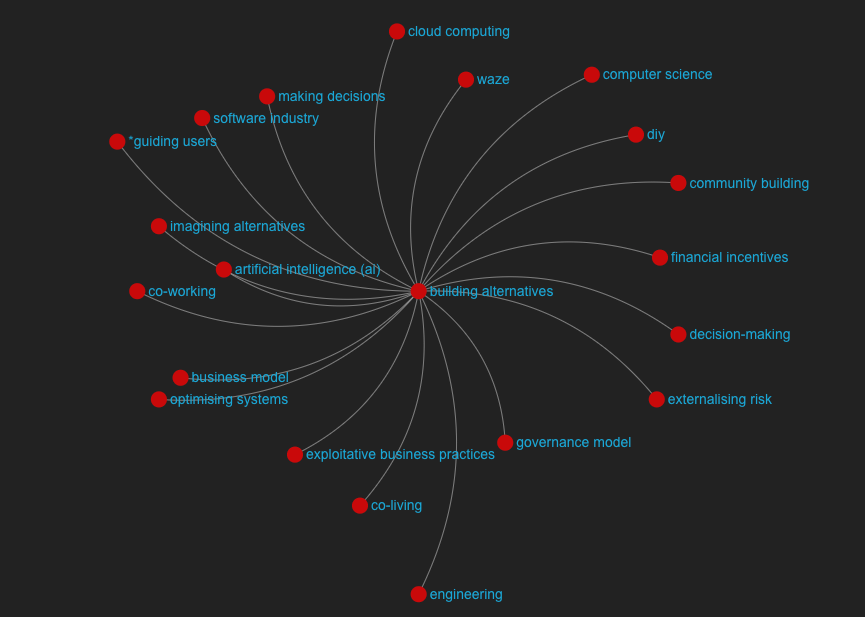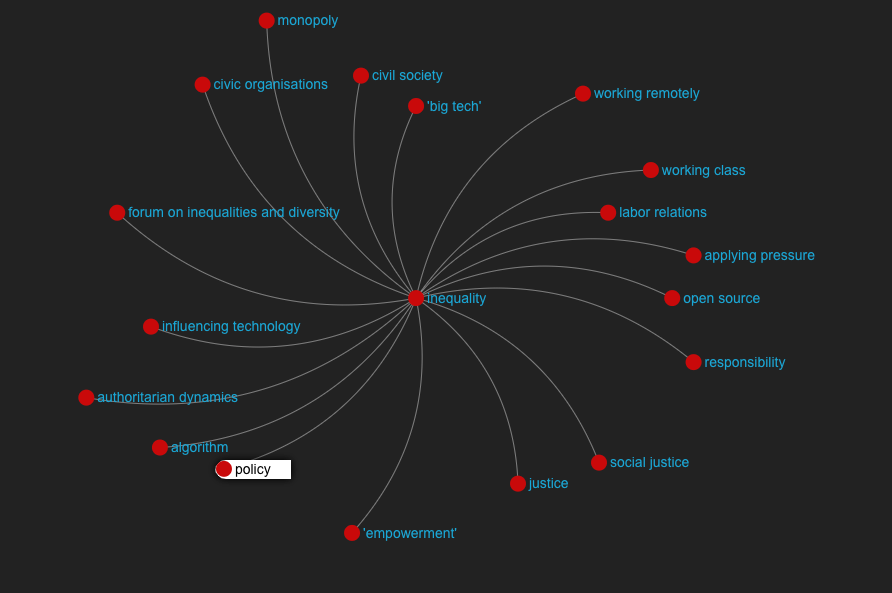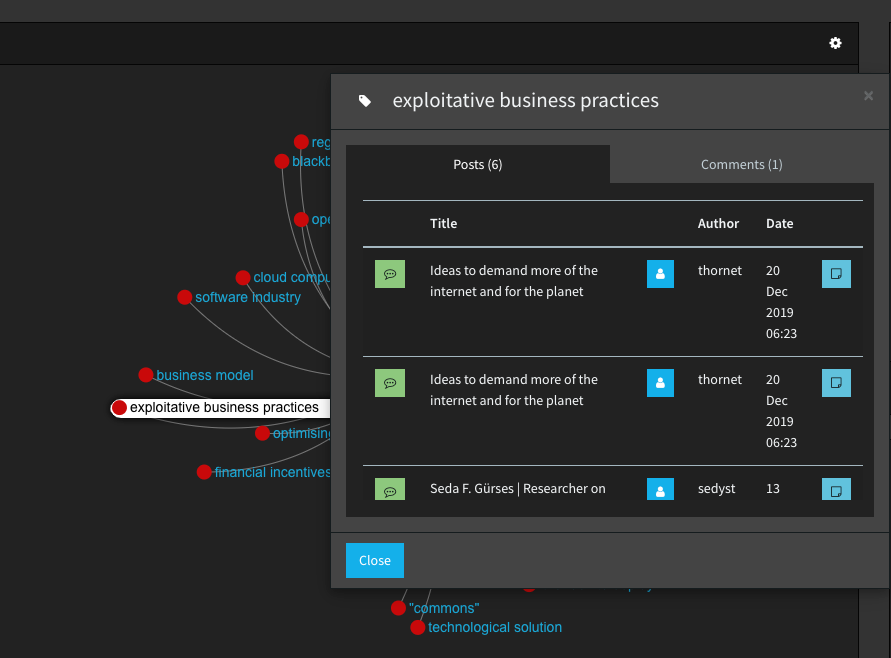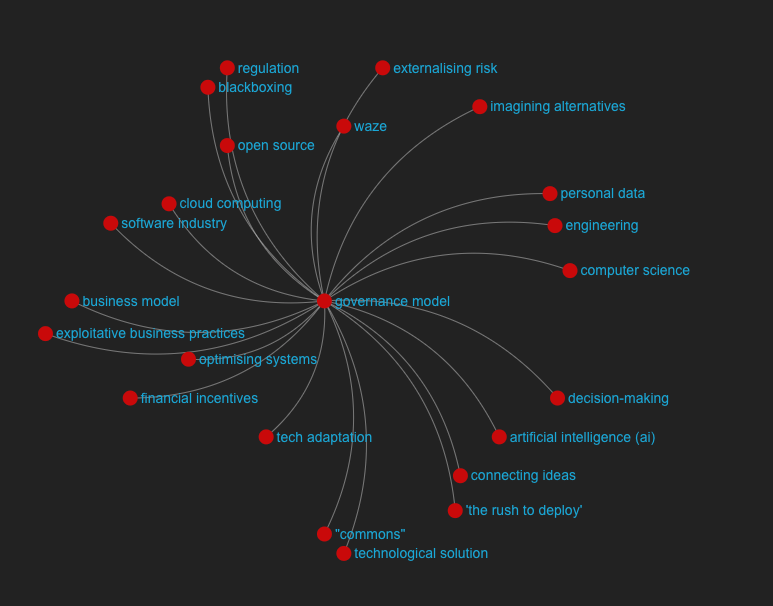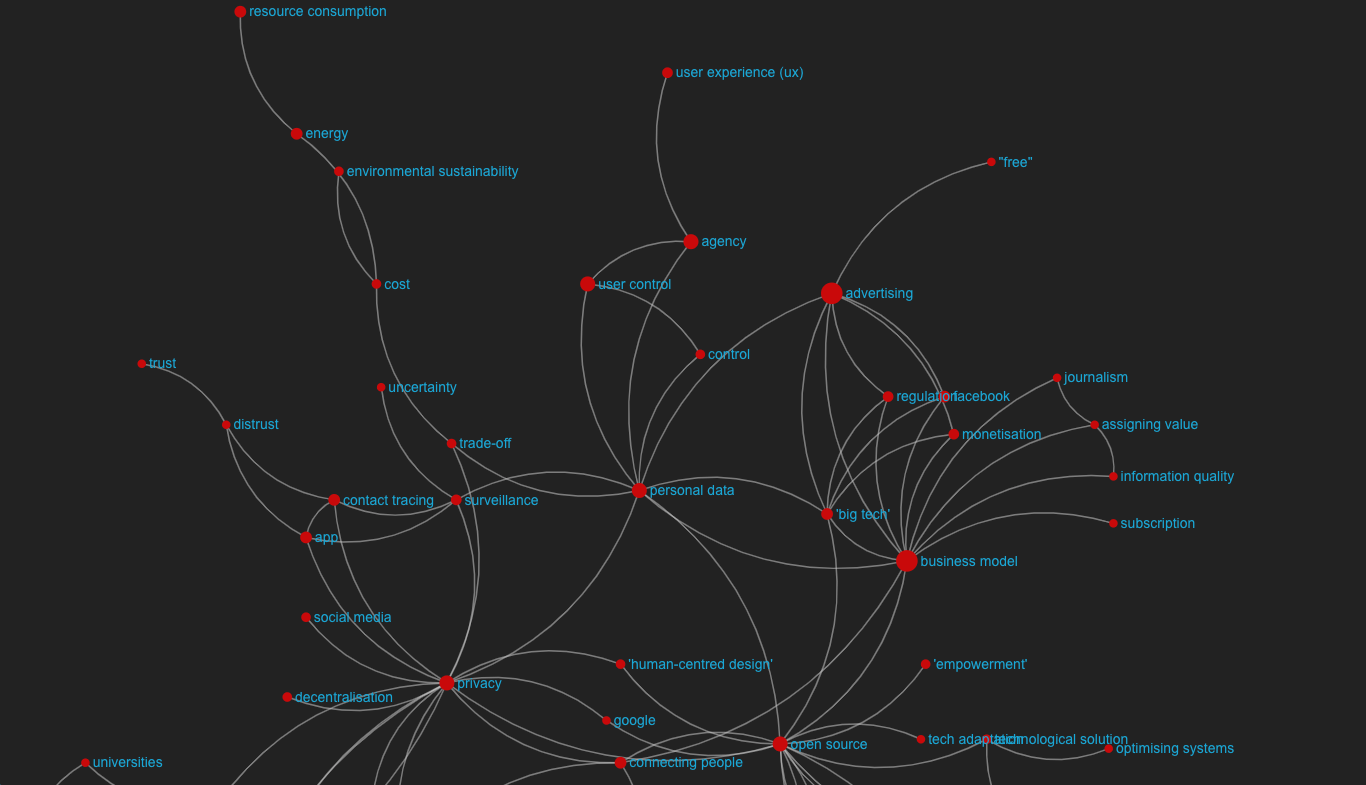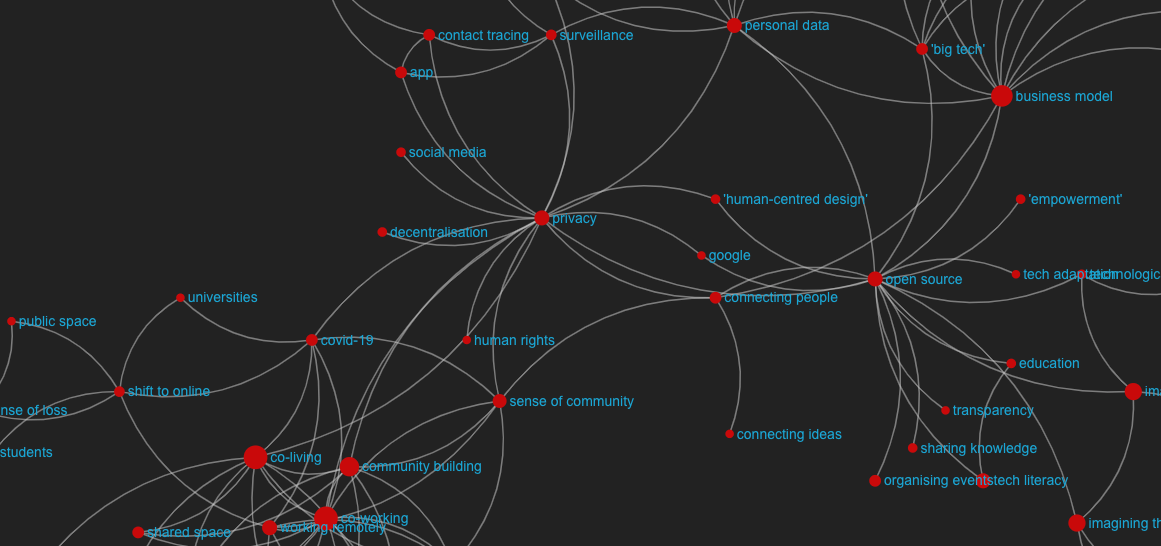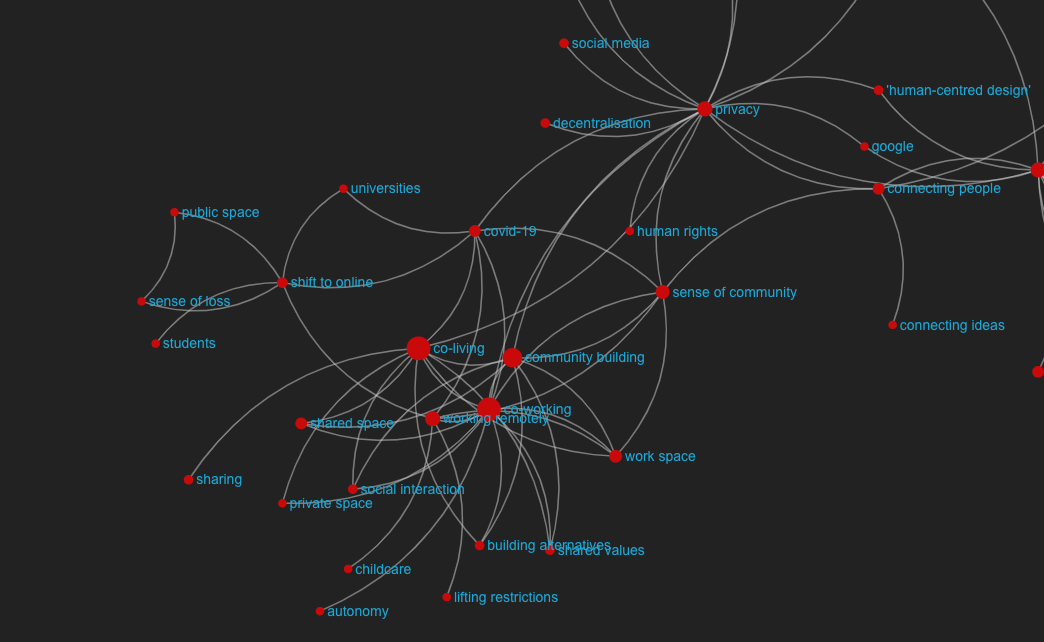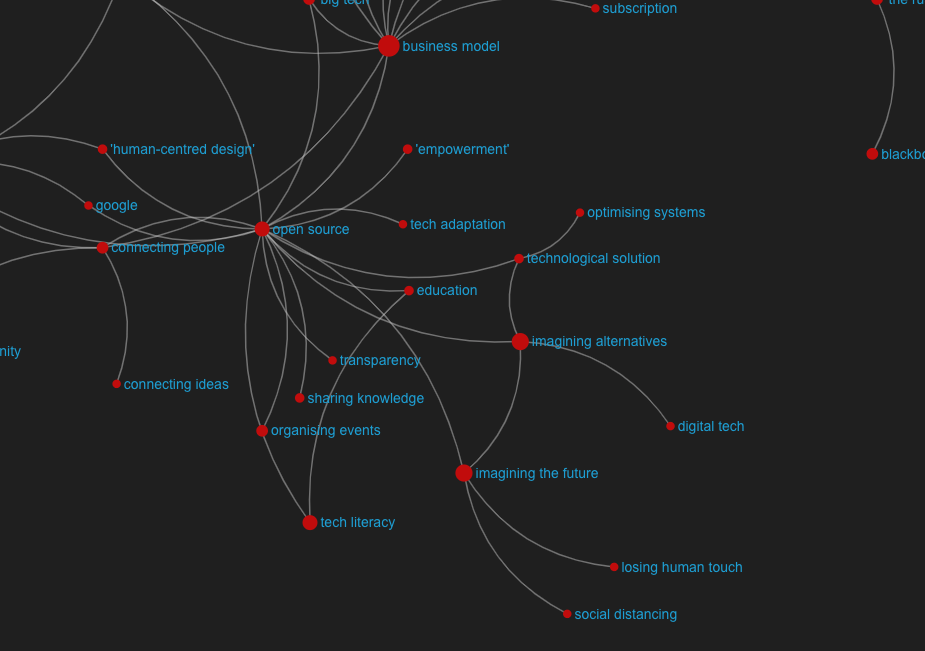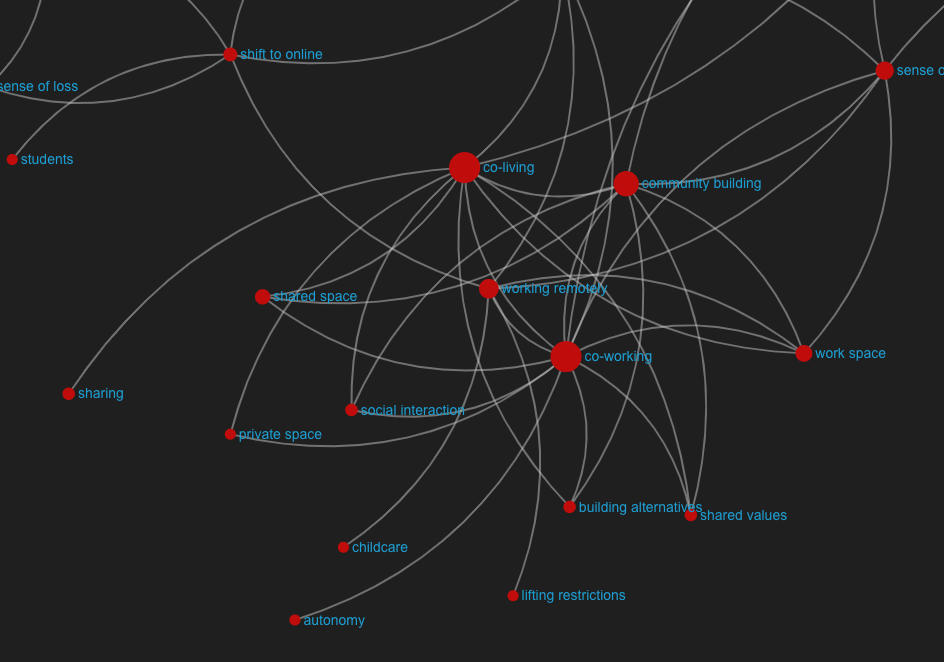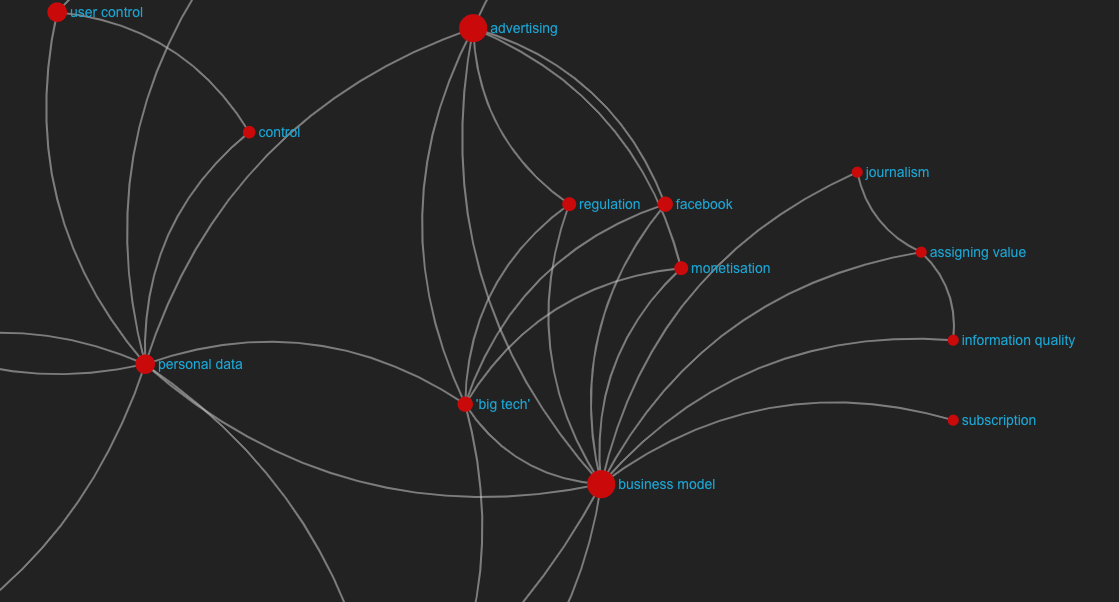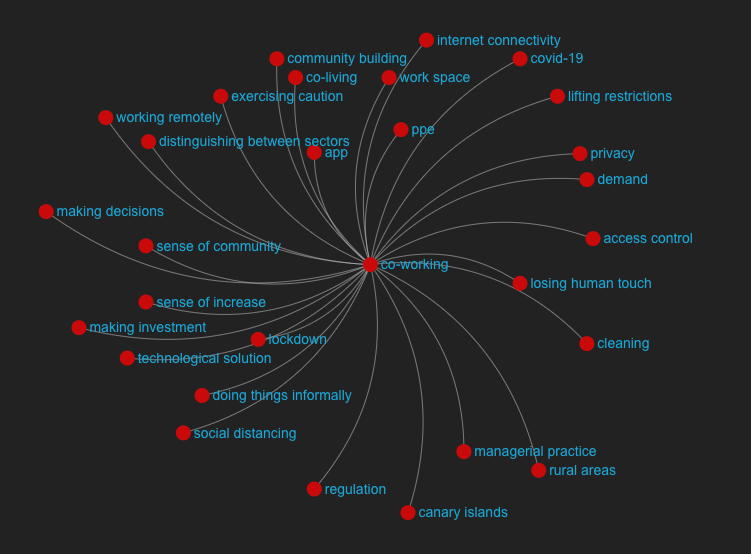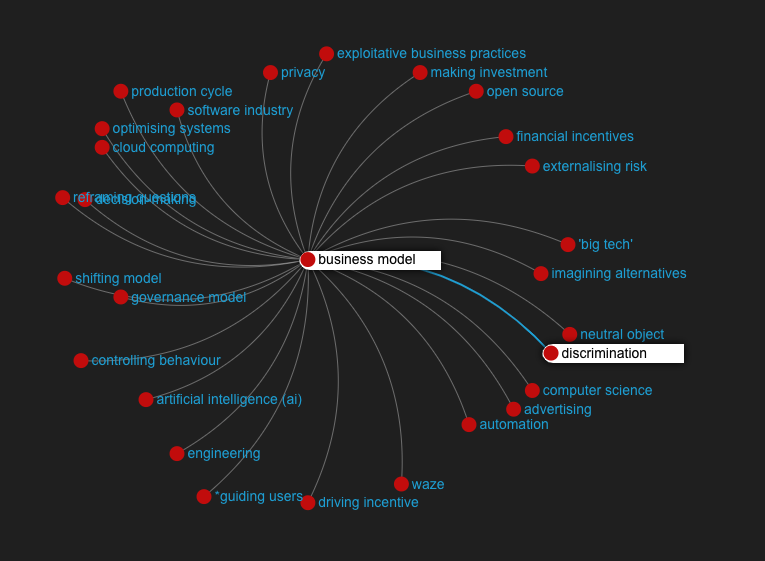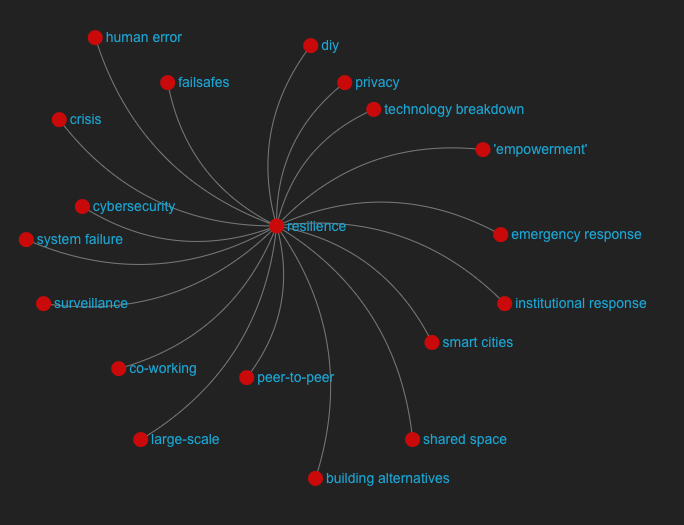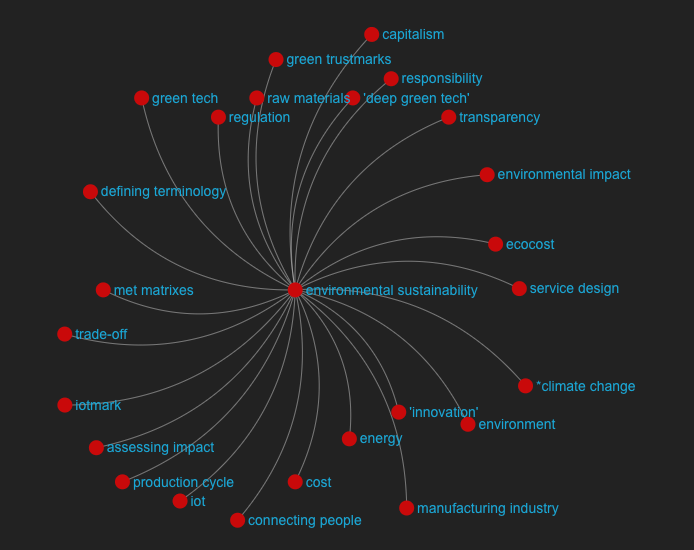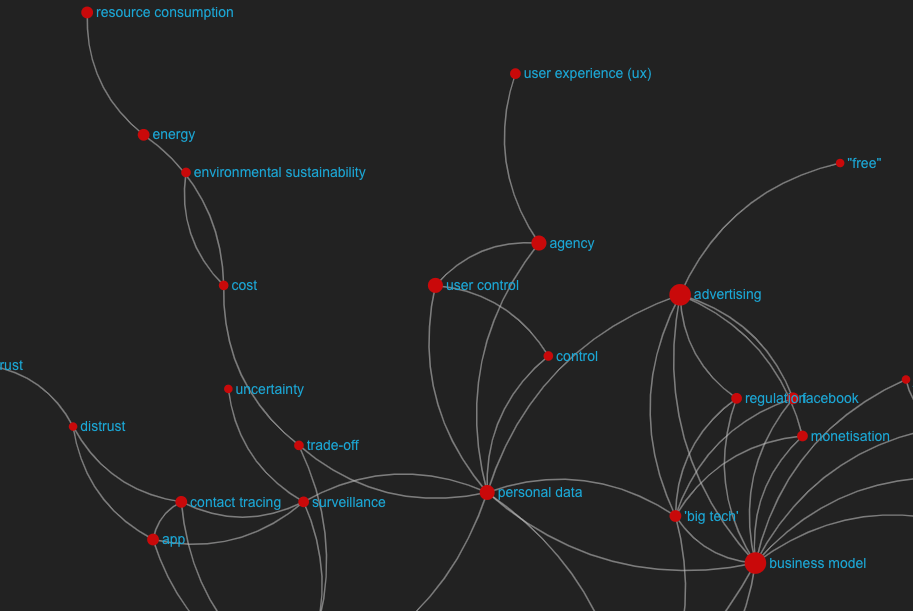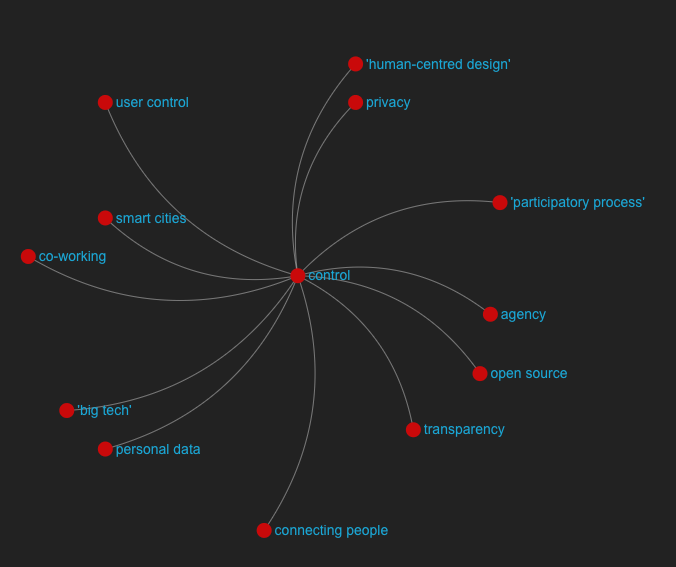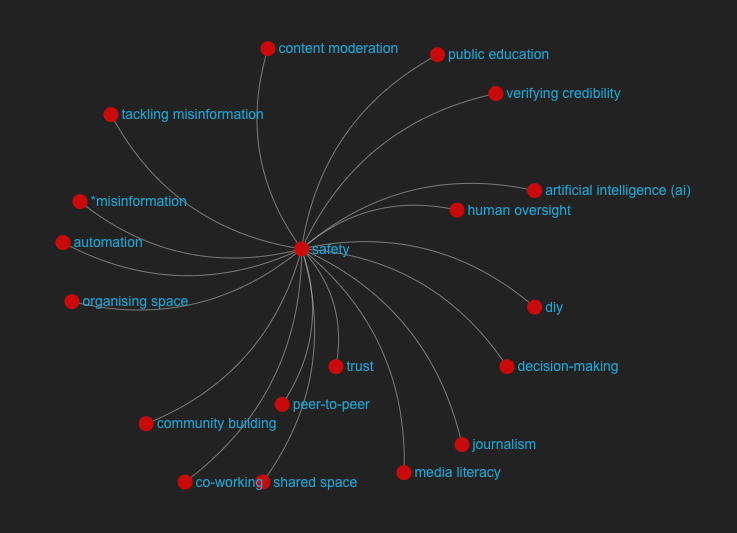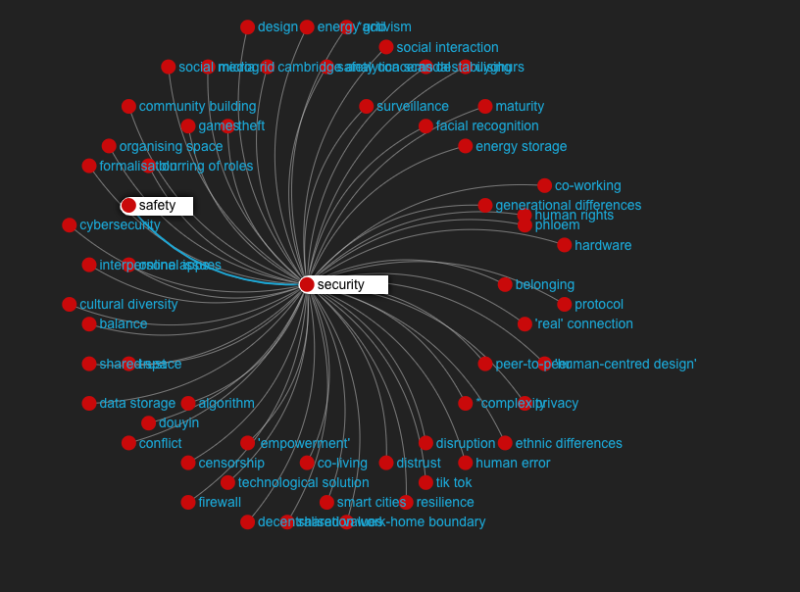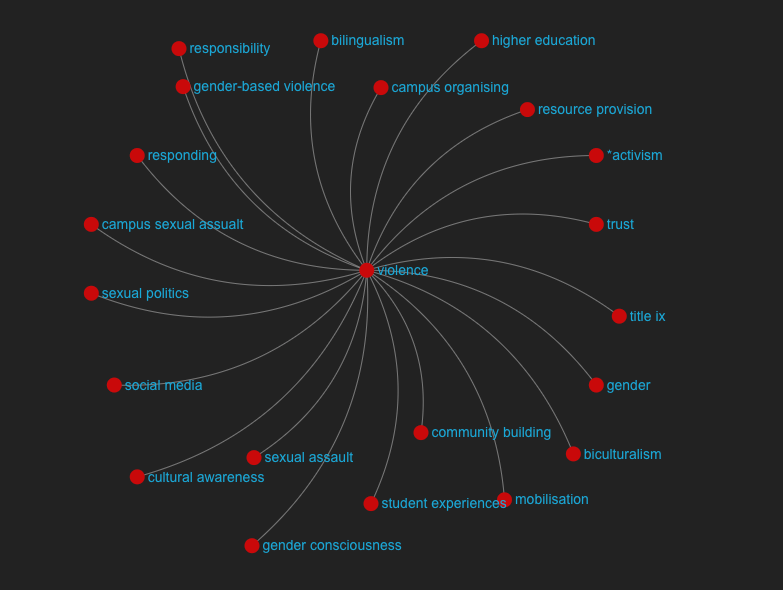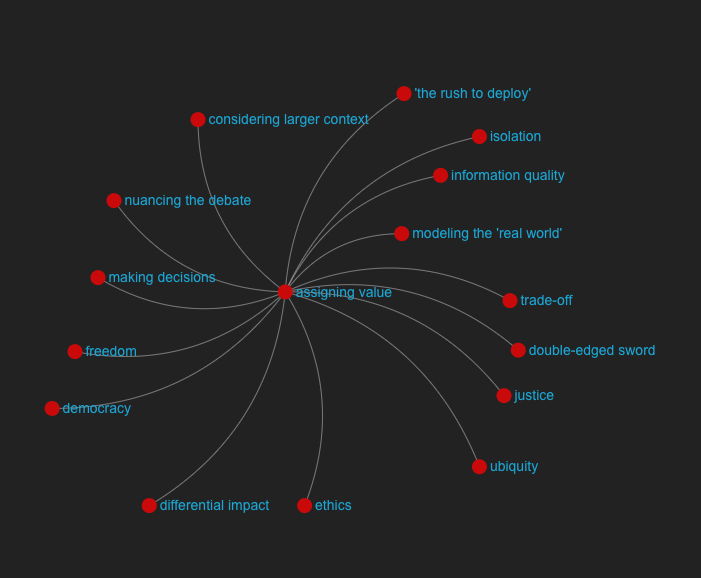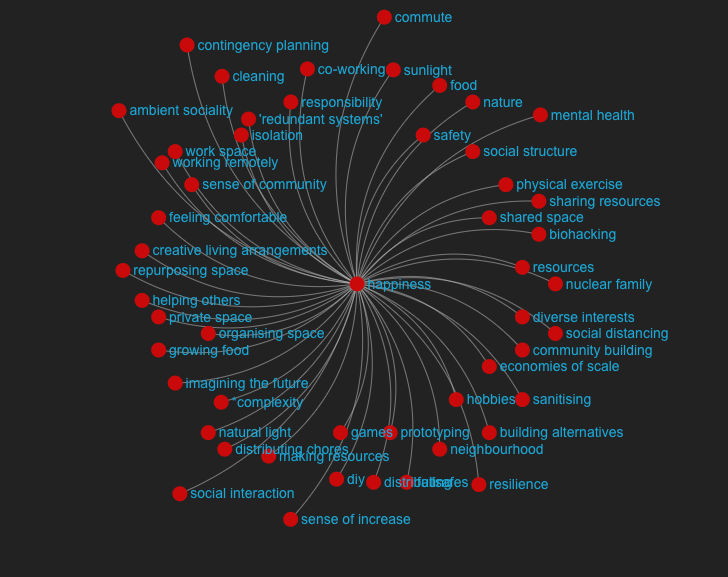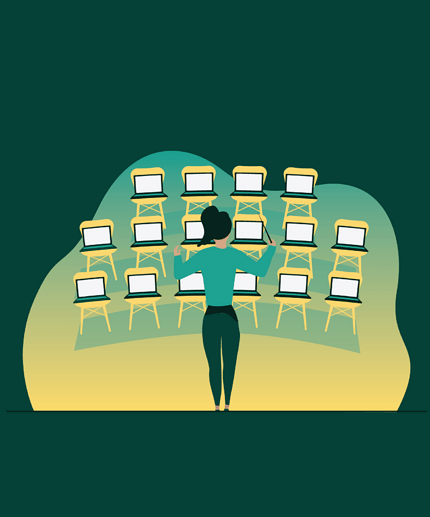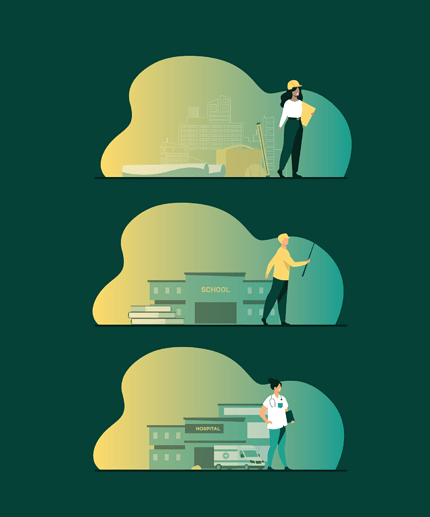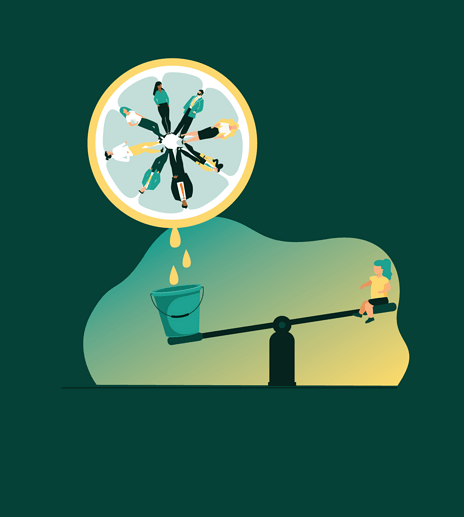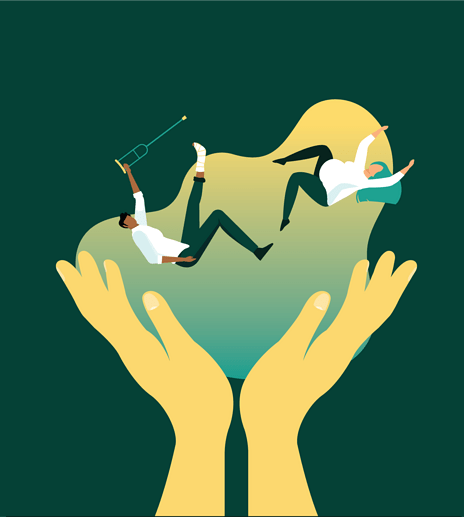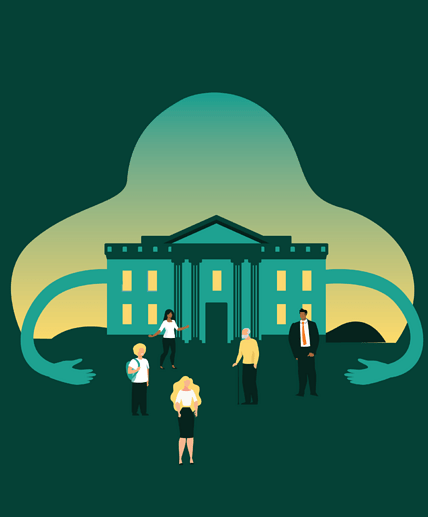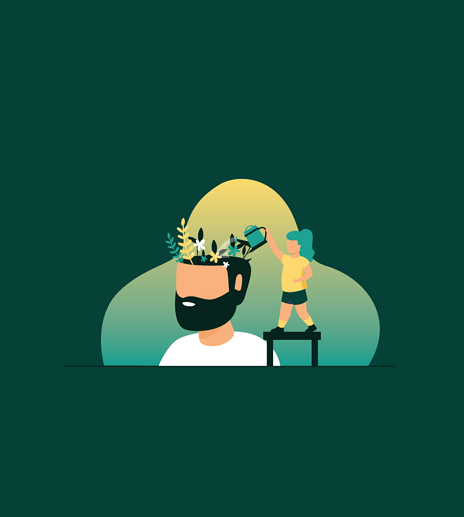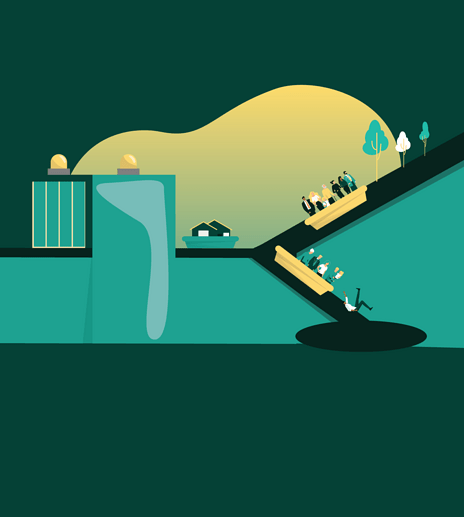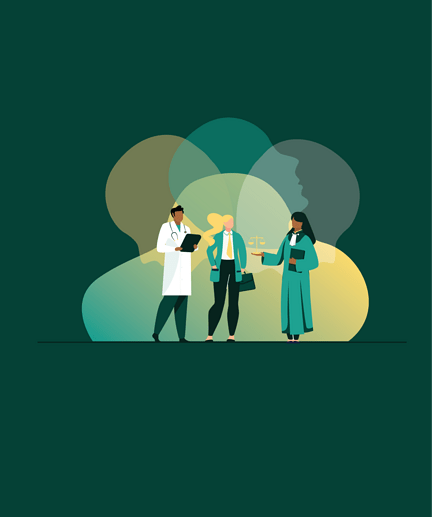Am putting this together as a proposed model based on our discussions re: connecting ethno, community management and outreach around a shared purpose/mission… and the processes for how the team members work together (agreeing on outputs, workflow, timeline, milestones, coordination and admin).
This is meant to be general, but to prototype and refine it, we can start with the immediate project at hand - NGI 2021.
The Edgeryders Mission & Agenda
Edgeryders are on a mission to boost everyone’s ability to live and work well in times of upheaval.
We build and nurture platforms for groups to think together and act on today’s urgent issues.
We believe it is now time to prepare for the serious shocks that will soon be upon us as the consequences of dysfunctional economic systems and climate change start to hit hard. Edgeryders takes on these challenges equipped with new science, our in-house technology and most important of all - an online community of members spanning every continent and area of expertise.
There are no silver bullet solutions. We know from science and experience that no individual, small group, or organisation can contain the issues that affect us the most, no matter how smart. Instead, Edgeryders builds diverse communities and induces collective intelligence dynamics within them.
We seek out existing initiatives, people, places and movements. Acknowledge their good work and build on it. Avoid duplication or competing with one another’s work. Stay open to help anyone who means well and is working on something promising. Improve participants’ ability to access, analyse and interpret information. We support our members, partners and clients to do the same.
Key Focus Areas
- Environment and Climate: Grow a community of innovators and knowledge around ecological living, ecosystem restoration and esp. climate change amelioration and adaptation. We want to convene community and diverse institutional partners to discover, learn from and support clusters of promising responses to climate change and sustainability challenges. The findings from the projects serve as data points in developing new economic theory and models needed to enable transition to a sustainable future. (More )
- Research & Development : Designs and deployment of R&D activities including joint development of new research projects, technologies and common infrastructure upon which members can build new products and services. Members build meaningful research partnerships and pursue funding together. (More)
- Good Technology : This cluster experiments with what new technologies really should do for humanity and all it encompasses. Individuals and organisations in this cluster develop technologies guided by insights from open and inclusive dialogue on how technologies should work, be governed, financed and built. (More)
- Culture for Transformation : This cluster connects and equips artists, producers, as well as researchers to experiment uses of culture as a tool for social change, and digital technology as a way to accelerate it. (More )
- Future of Work: Equip leaders and organisations to better navigate new realities: remote work, distributed events and services, new business models and online technologies for large scale coordination. Members build tools and frameworks for activities, ventures and programs that are ideated and deployed by large numbers of individuals working together over the internet. (More)
- One Health & Resilience : A collaborative, interdisciplinary approach to support community responses to failing health and social care systems, by acknowledging interdependencies and commonalities of health ecosystems. (More)
- *Good Life: Collective efforts across the network to build a meaningful, productive and enjoyable work-and-life environment. It combines business incubation, P2P learning, socialisation and communal spaces. (More)
Bridging Agendas and Perspectives: How to ensure we are serving Edgeryders mission in all our research/publications?
In any analysis & publication, always include reflections on how what we learn teaches us about:
1.Implications for/impact of how we live and work
2.Implications for/impact of Public Policy & Politics
3.Implications for/impact of Social, physical and ecological Health
4. Implications for/impact of for Economies & Economics
5. Implications for/impact of culture & the arts
6. Implications for/impact of good life of individual & community (wellbeing indicators)
7. New questions and challenges for further inquiry
We could then aggregate the answers from different projects and topical discussions into an annual Edgeryders collective intelligence report with 7 corresponding chapters.
2021-2022
NGI Project
The Next Generation Internet (NGI) is a European Commission initiative that aims to shape the development and evolution of the Internet into an Internet of Humans. An Internet that responds to people’s fundamental needs, including trust, security, and inclusion, while reflecting the values and the norms all citizens enjoy in Europe.
The ambition of the NGI is to ensure that the development and progressive adoption of advanced technologies, concepts and methodologies contributes to make the future Internet more human-centric, particularly in times of crisis.
Focus topics (we need these from Nesta & EC):
How do we connect two entry points to NGI: tech focus vs human/society focus ?
We use the iceberg model:
Tip of iceberg
The report produced by Nesta (but with modifications to connect it properly with base): https://edgeryders.eu/uploads/short-url/7o9Gz3BT3BDMtTQp4yCpyidki2g.pdf
Base of ice-berg
Input and insights collected under a number of “umbrella” themes that focus on wellbeing/illbeing of people, communities, society and planet
-
Introduction of the Umbrella themes is in the Community Journalism Digest: our point of departure is the individual human experience as a basis for understanding what the next generation internet should do for humans. And we present in the form of Key Insights, some thinking towards and the implications of this on policy and investments at a European Scale. But this needs to be developed further with the other partner orgs, and with participants in the events/online conversation.
-
We include articles that either spark or summarise a discussion around topics self-selected by the participants who engage.
-
We have two ways of selecting articles into the digests:
-
Editor’s discretion/ ideosynchratic: Editor of the publication has produced articles ( up to 750 word summaries) of interviews conducted with hand picked interviewees, as well summarised posts/discussions on the ioh forum on the platform.
-
Ethnographic coding: The Research team has made a selection based on the codes that match the themes
-
-
-
Key insights on each “Umbrella” theme: This is a combination of three things : 1) presenting & interpreting the SSNA visualisation for each theme 2) Pre conference Events/final conference sessions on related topics (documentations of the discussions) 3) Proposals for what should be done to act on insights (recommendations for policies, strategies, investment priorities etc).
-
Participation is open to anyone and takes place on an open online platform as well as in outreach events such as workshops, webinars or “Ask me anything” sessions.
Umbrella Themes for NGI
italicised words - these are topics that we are required by the funder to include/cover.
1. Alternative Economic Development:
Economies , Profit and Power , Policy tensions between resilience, sustainability and growth
Our point of entry: If we want better outcomes, we need better incentives…How are people reinventing economic development models to ones that support the transition to a low carbon economy that works for wellbeing of individuals, societies and the planet at large. And how, if at all, do digital and networked infrastructures and technologies fit into this? We cover **
Chapter Topic Tag: alternative-economic-development
Relevant Ethno codes:
SSNA
List of posts:
2. Polities & Constituencies
Where does power lie, e.g standards bodies, platforms, but also specific actors (alt reality networks- see report on data & society) 4chan and distributed social movements, blue church/ red church, labour movement)
Analysis of which forces are (potentially) against recommendations for how to instill/adapt ngi around european values and ideas, which are (potentially) in favor, and what could be done to overcome the resistance of the former and to enlist the support of the latter, respectively. Including an analysis of which actual forces that shaped how the internet is today, how they did it and for what reasons.We want to involve/have views represented from: international relations, global governance, law, economics of regulation) in the development of the future policy framework
Chapter Topic Tag: new-polities-and-constituencies
Relevant Ethno codes:
SSNA
List of posts
3. Individual, family & community wellbeing:
fundamental rights and social sustainability
Our point of departure is the European wellbeing indicators as developed by the Council of Europe through a massive participatory exercise. The SDGs are also covered by this as they correspond to some of the wellbeing indicators (we have done the bridging).
Chapter Topic Tag: wellbeing-granular
Relevant Ethno codes:
SSNA
List of posts
4. Work, livelihoods and business
Distributed work and business
Polarisation between rich and poor, issues of value capture and future of work (e.G data as labour)
Chapter Topic Tag: work-livelihood-business
Relevant Ethno codes:
SSNA
List of posts
5. Recovery and regeneration
social sustainability, polarisation in terms of market power, polarisation between haves and have nots, North south, rich-poor, haves and have notsWellbeing, Welfare, Deep Green, Green Transition,
Chapter Topic Tag: recovery-and-regeneration
Relevant Ethno codes:
SSNA
List of posts
6. Freedom and control
Individuals:
Reconciliation of data governance with user control over data.
Chapter Topic Tag: freedom-and-control
Relevant Ethno codes:
SSNA
List of posts
7. Limits and growth
limits to growth
Chapter Topic Tag: limits-and-growth
Relevant Ethno codes:
SSNA
List of posts
8. Safety and security
Security or Safety are not static artefacts or states but perceived outcomes of multitudes of interplaying factors.What do these different terms mean for different people and what are the implications of these different perspectives on how we go about imagining, regulating, financing and deploying different infrastructures and technologies?
Chapter Topics Tag: safety-and-security
Relevant Ethno codes:
SSNA
List of posts
9. Windows of perception:
Analyse what true European values are beyond the rhetoric of political discourses and discuss how to embed them in the future internet.
Here we get into exploring the lenses through which tech discussions are had. We cover contemporary Ideologies, Ethics, Values and Norms as well as explanation models e.g conspiracy theories and misinformation/psyops: e.g discussions about ethics in citizen/open science
Chapter Topic Tag: windows-of-perception
Relevant Ethno codes:
SSNA
List of posts
10. Equipping individuals and communities to cope, and thrive.
Role digital tech should/should not play in context of transitions to Human, social and environmental sustainability
Thrivability is the act of thriving or prospering. It thus goes beyond simply surviving (ie by attaining a livelihood W and using this to support in your necessities). Thrivability also envisions a vision of sustainability (using a abundant and sustainable way of living) within this act of prospering.
Chapter Topic Tag: /thrivability
